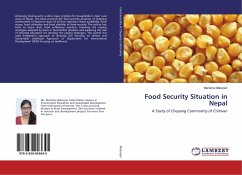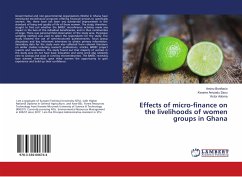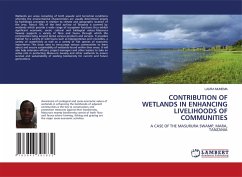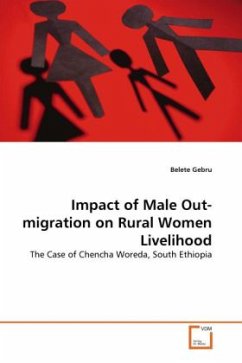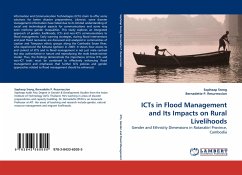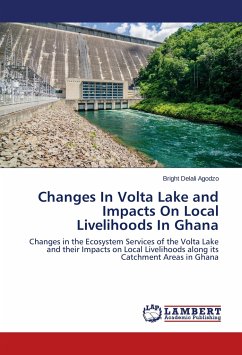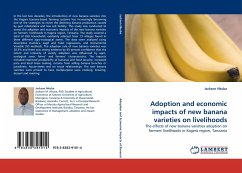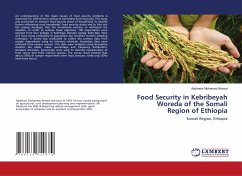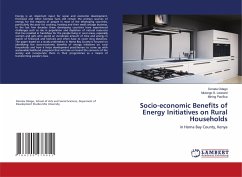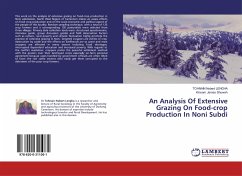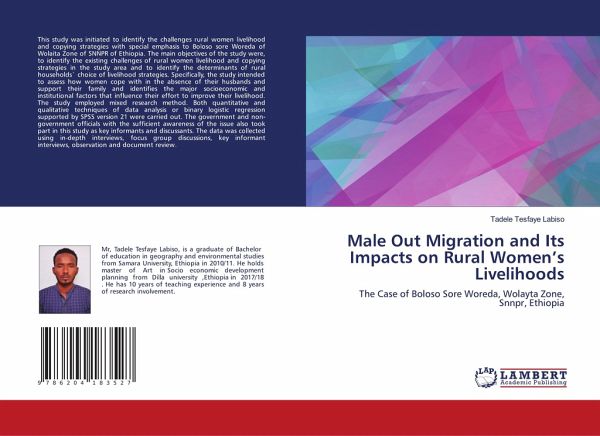
Male Out Migration and Its Impacts on Rural Women's Livelihoods
The Case of Boloso Sore Woreda, Wolayta Zone, Snnpr, Ethiopia
Versandkostenfrei!
Versandfertig in 6-10 Tagen
36,99 €
inkl. MwSt.

PAYBACK Punkte
18 °P sammeln!
This study was initiated to identify the challenges rural women livelihood and copying strategies with special emphasis to Boloso sore Woreda of Wolaita Zone of SNNPR of Ethiopia. The main objectives of the study were, to identify the existing challenges of rural women livelihood and copying strategies in the study area and to identify the determinants of rural households` choice of livelihood strategies. Specifically, the study intended to assess how women cope with in the absence of their husbands and support their family and identifies the major socioeconomic and institutional factors that ...
This study was initiated to identify the challenges rural women livelihood and copying strategies with special emphasis to Boloso sore Woreda of Wolaita Zone of SNNPR of Ethiopia. The main objectives of the study were, to identify the existing challenges of rural women livelihood and copying strategies in the study area and to identify the determinants of rural households` choice of livelihood strategies. Specifically, the study intended to assess how women cope with in the absence of their husbands and support their family and identifies the major socioeconomic and institutional factors that influence their effort to improve their livelihood. The study employed mixed research method. Both quantitative and qualitative techniques of data analysis or binary logistic regression supported by SPSS version 21 were carried out. The government and non-government officials with the sufficient awareness of the issue also took part in this study as key informants and discussants. The data was collected using in-depth interviews, focus group discussions, key informant interviews, observation and document review.



